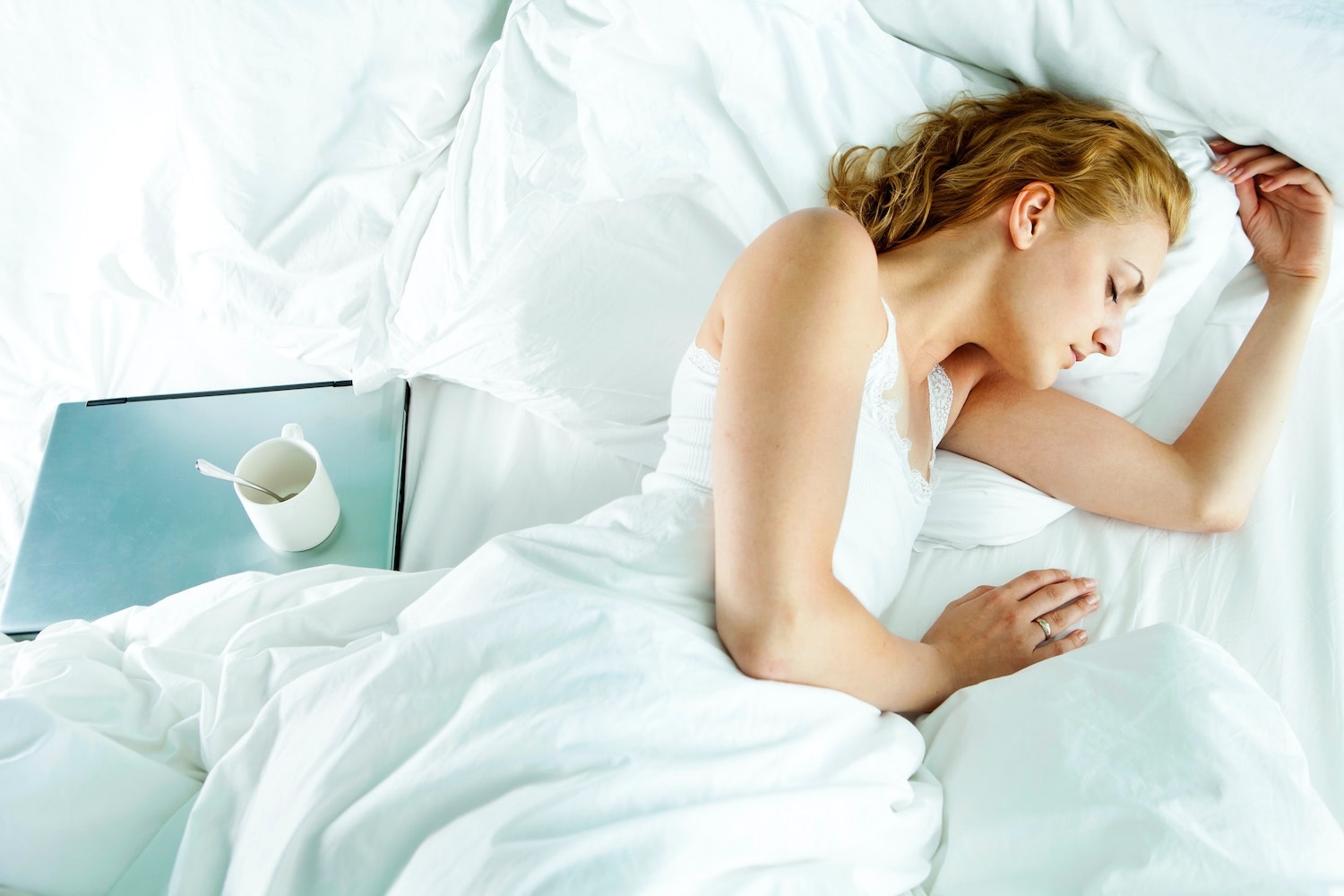AD | Collaborative post
Studies have shown that the average person sleeps for approximately 230,000 hours in a lifetime. This is basically one-third of the average person’s lifespan. As such, sleep is a vital component to overall well-being and health.
If you don’t sleep, your brain cannot function properly throughout the day. In fact, lack of sleep can cause serious physiological problems, and these can manifest quickly, even after one night without sleep.
Motor functions become impaired, along with judgement and depth perception when you go without sleep for too long. This is because your brain hasn’t taken the time to “recharge,” and if too much time is spent without sleep, hallucinations can occur as well.
In our busy world where everyone is plugged in nearly all of the time, people tend to get less sleep. Here, we’ll discuss a few tips for getting quality rest that you need to be healthy each night.
Reduce Device Usage
Perhaps one of the largest drivers of reduced sleep, or the inability to get a good night’s rest, is the gross amount of time that we spend on our devices.
Studies have determined that even watching several hours of television can reduce one’s ability to get proper rest at night. This fact is compounded when we look at the statistics concerning smartphone usage and the consumption of data prior to sleep. Our brains continue processing this information, even as we lay down to rest.
In fact, sleep studies have theorized that even our REM sleep patterns are drastically affected by the consumption of data late at night. Some participants of sleep studies even claimed that they had vivid dreams of content that they were viewing prior to sleep.
In order to mitigate the effect that data consumption has on your sleep, reduce your daily consumption altogether, and eliminate any device usage at least two hours prior to bedtime.
Decluttering
Having a lot going on around you tends to frazzle the mind in subtle ways that you might not be aware of. For example, if your room is a disaster, and you have things all over the floor or boxes stacked up around your room, though you may not be bothered by this, your subconscious mind is.
Disorganization causes the brain to work in overdrive because it has to make sense of its surroundings. If things are in complete disarray, it will take your brain longer to piece everything together and make sense out of a disorganized room. Correspondingly, it takes your brain longer to rest after processing disorganized information.
Basically, if you want a better night’s sleep, clean your room. Unpack your boxes, and get a bit of organization back into your surroundings.
Sleep Aids
We should start with a note of caution first. Sleep aids can make it difficult to fall asleep naturally over time. This is especially true if you use items such as sleeping pills for long periods of time. Once you stop using a particular sleep aid, it will be harder to naturally fall asleep because your body has been dependent on them for so long.
Correspondingly, there are many sleep aids that need to be carefully considered. Those who suffer from sleep apnea are often prescribed to use Continuous Positive Airway Pressure (CPAP) machines to assist in falling asleep while keeping a steady flow of oxygen.
CPAP machines have recently been linked to the development of cancer in the lungs and throat due to the sealants and other products which are used in the manufacturing of certain machines.
At the end of the day, sleep aids should always be used as a last resort. However, using melatonin supplements has been shown to help induce sleep naturally.
We all need to sleep. Without sleep, we would all be walking around like cranky zombies, upset at the world and confused about everything. In order to maintain proper health, ensure that you get between 7 and 9 hours of sleep per night.

